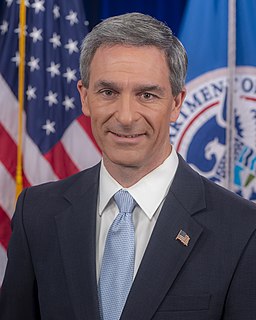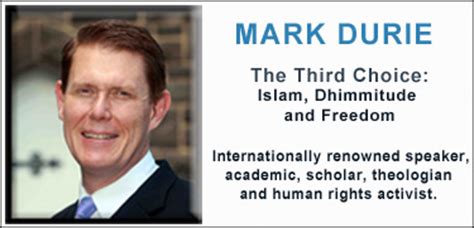A Quote by Jeremy Rifkin
So my attorneys brought litigation in the U.S. federal courts. The judge ruled in our favor.
Related Quotes
Gorsuch, who is a U.S. Supreme Court nominee in the United States, said the real test of law is when a government can lose in its own courts and still respect the order. And I think Canadian need to ask is why would Canada, if it's doing everything right, why wouldn't you want to be watched? If they are contesting the fact that their own courts don't have jurisdiction over the government's human rights violations, then our next step is to go to federal court and find the federal government that can come to court and we will do that.
You need to fight cases in the courts, but you certainly cannot rely on the courts, you need to testify in Congress and lobby your Congress person, but you certainly cannot rely on Congress. You need to speak out in the media, but you cannot totally trust the media either. You need to work within the academy because that's an influential opinion body. I think that one of the lessons that people have learned in the civil rights community is that it is generally not enough to focus on litigation in the courts.
If an agency is the ultimate judge in every case of conflict, then it is also judge in all conflicts involving itself. Consequently, instead of merely preventing and resolving conflict, a monopolist of ultimate decision making will also cause and provoke conflict in order to settle it to his own advantage. That is, if one can only appeal to the state for justice, justice will be perverted in the favor of the state, constitutions and supreme courts notwithstanding.
In the United States we have all across this country, we have dozens of Halakha courts, in which particularly observant Jews can take these issues of family law to an orthodox Court and have that judge, judge for them. As long as the courts don't violate the laws of the land and as long as there's a room for appeal should one or two parties disagree with the verdict, I don't see how this would have anything to do with being incompatible with what we refer to as Western ideas of democracy.



































